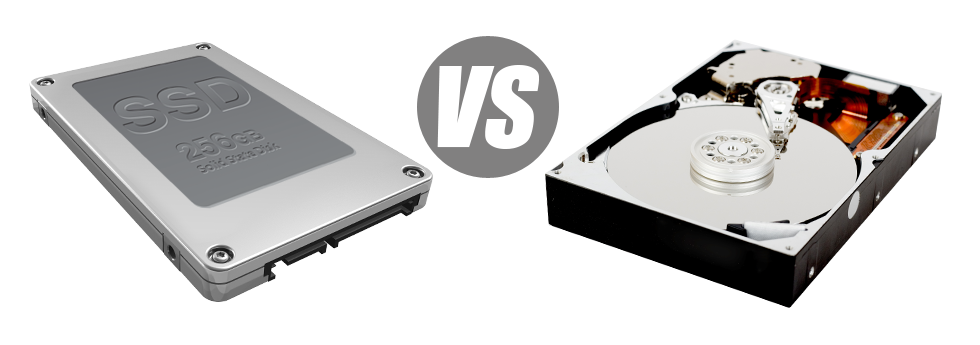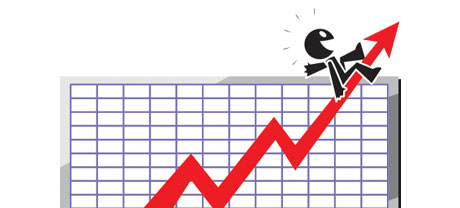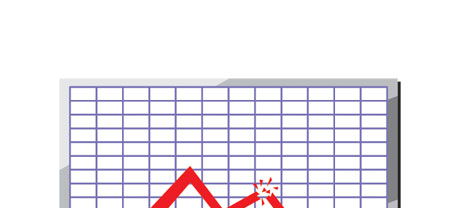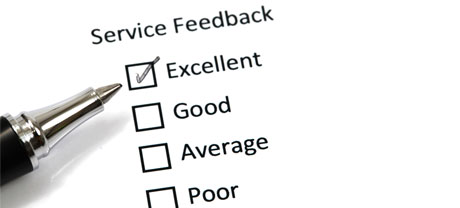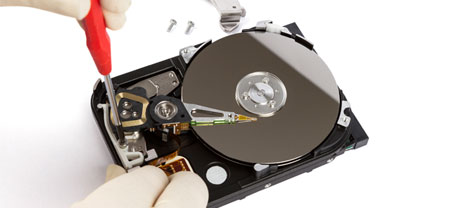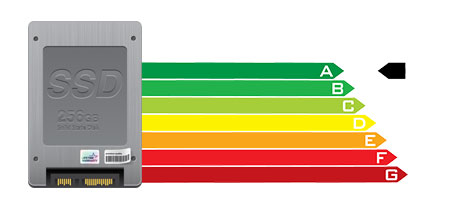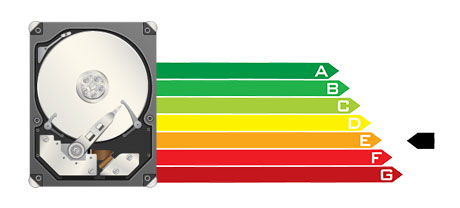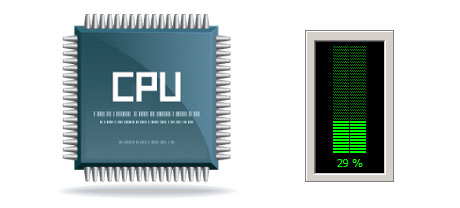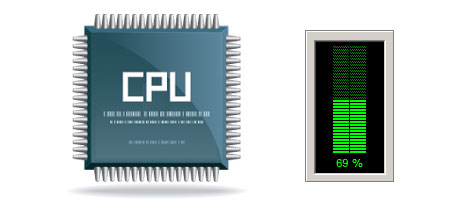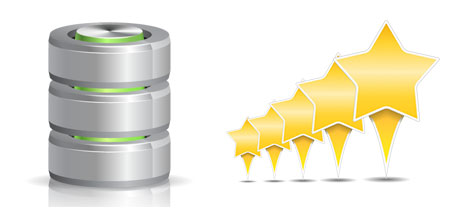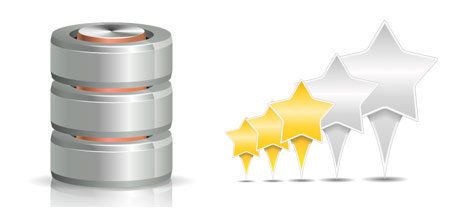At present, pretty much all new computer systems contain SSD drives in lieu of HDD drives. You’ll discover superlatives to them all around the specialised press – that they are a lot faster and function better and that they are the future of home computer and laptop manufacturing.
On the other hand, how do SSDs perform in the website hosting environment? Can they be efficient enough to replace the established HDDs? At HostActions, we will help you better understand the differences in between an SSD as well as an HDD and decide which one most accurately fits you needs.
1. Access Time
SSD drives give a brand–new & innovative way of file storage using the utilization of electronic interfaces rather than any moving parts and rotating disks. This brand–new technology is much quicker, allowing for a 0.1 millisecond file accessibility time.
The technology behind HDD drives dates all the way back to 1954. And even though it’s been significantly processed progressively, it’s even now no match for the revolutionary ideas behind SSD drives. With today’s HDD drives, the very best data file access rate it is possible to attain can vary in between 5 and 8 milliseconds.
2. Random I/O Performance
On account of the unique significant data storage strategy shared by SSDs, they provide a lot quicker file access rates and swifter random I/O performance.
Throughout HostActions’s trials, all of the SSDs demonstrated their capability to work with no less than 6000 IO’s per second.
Hard drives feature reduced data access rates because of the aging file storage and accessibility technique they’re making use of. In addition, they display noticeably reduced random I/O performance in comparison to SSD drives.
In the course of HostActions’s trials, HDD drives dealt with typically 400 IO operations per second.
3. Reliability
SSD drives are lacking any sort of rotating elements, meaning that there is far less machinery included. And the less actually moving components you’ll find, the fewer the chances of failing will be.
The regular rate of failing of an SSD drive is 0.5%.
HDD drives make use of rotating hard disks for keeping and browsing files – a concept since the 1950s. Along with hard disks magnetically suspended in the air, rotating at 7200 rpm, the odds of anything failing are considerably bigger.
The standard rate of failure of HDD drives can vary among 2% and 5%.
4. Energy Conservation
SSDs don’t have moving components and require almost no chilling energy. They also involve very little power to work – lab tests have shown they can be operated by a normal AA battery.
As a whole, SSDs take in amongst 2 and 5 watts.
HDD drives are known for getting noisy; they’re more likely to overheating and if you have several hard drives in a single server, you’ll want a further cooling system only for them.
In general, HDDs use up somewhere between 6 and 15 watts.
5. CPU Power
SSD drives provide for better data accessibility speeds, that, subsequently, encourage the processor to finish file calls considerably faster and to go back to different tasks.
The average I/O wait for SSD drives is simply 1%.
If you use an HDD, you’ll have to spend extra time anticipating the results of your data call. As a result the CPU will be idle for much more time, looking forward to the HDD to respond.
The common I/O wait for HDD drives is about 7%.
6.Input/Output Request Times
In the real world, SSDs operate as perfectly as they performed throughout HostActions’s testing. We competed a full system data backup using one of the production servers. Through the backup process, the typical service time for I/O queries was indeed under 20 ms.
With the exact same hosting server, however, this time equipped with HDDs, the results were completely different. The normal service time for an I/O call fluctuated between 400 and 500 ms.
7. Backup Rates
You’ll be able to feel the real–world added benefits of utilizing SSD drives every single day. By way of example, with a hosting server equipped with SSD drives, a full back up is going to take just 6 hours.
In the past, we have made use of mostly HDD drives on our web servers and we’re knowledgeable of their efficiency. With a server furnished with HDD drives, a full web server back up may take around 20 to 24 hours.
With HostActions, you may get SSD–driven hosting services at the best prices. Our hosting plans and then our VPS packages contain SSD drives automatically. Get an hosting account along with us and witness how your websites can become much better without delay.
Hepsia
- Live Demo
Service guarantees
- All of our Virtual Private Servers include no setup service fees and work in a steady network delivering 99.9% of uptime. Full SSH/full root access warranted.
Compare our prices
- Have a look at our pricing and select the ideal Virtual Private Server for your dynamic websites. You can upgrade to a more powerful VPS plan with simply a click of the mouse.
- Compare our hosting plans
Contact Us
- You’re able to make contact with us 24/7/365 by email or by utilizing our extra–fast ticketing system. We offer a 1–hour reply time frame guarantee.

